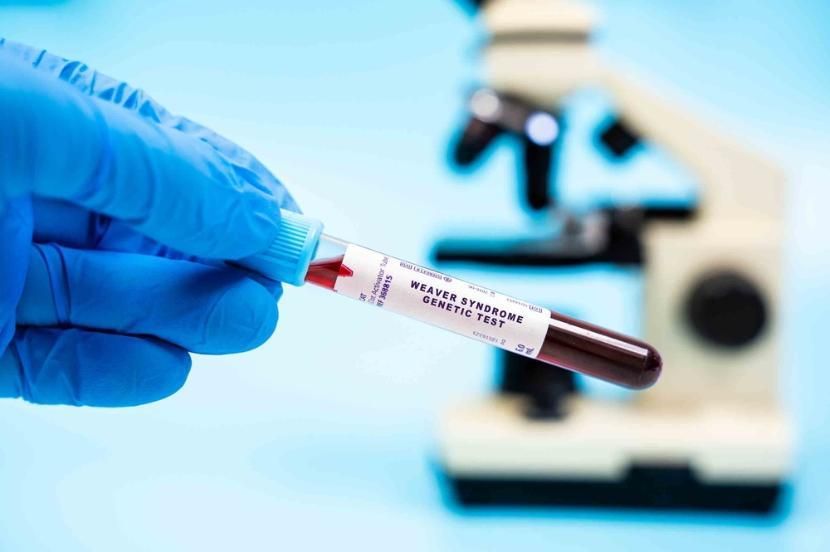Scientists discover how genetic mutations drive Weaver syndrome
Posted on: 26 August 2025
Scientists have discovered how mutations in a specific gene drive the rare developmental disorder Weaver syndrome, which is marked by intellectual disability and overgrowth and predisposes people with the condition to cancer. Their work has additional relevance for a growing suite of related diseases and provides important insights that may one day lead to improved therapies.
The scientists, led by a team from the Smurfit Institute of Genetics at Trinity College Dublin, in collaboration with researchers at University College Dublin, have just published their groundbreaking findings in leading international journal Genes & Development.

Their work shows that mutations in the EZH2 gene, once thought to simply weaken the gene, instead “sabotage” the healthy copy; even though people with Weaver syndrome carry one normal and one mutated copy of EZH2, the mutation actively disrupts the function of the normal copy, throwing key cellular processes off balance.
Weaver syndrome is in a family of overgrowth syndromes linked to the “Polycomb Repressive Complex 2 (PRC2)”, a chromatin-modifying complex essential for regulating gene expression and development. Chromatin’s main function is to carefully pack long DNA molecules into compact structures in our cells, preventing tangles and damage, as well as controlling when genes are switched on and off. When the EZH2gene is dysregulated via mutation, things go awry.
Weaver syndrome’s influence on growth can be world record-breaking – Rumeysa Gelgi, the world’s tallest living woman at just over 7 ft tall, lives with the condition.
Specifically, working with mouse embryonic stem cells but also human cells derived from people with Weaver syndrome, the scientists found that mutant EZH2 proteins interfere with normal PRC2 functions, impacting chromatin and altering gene regulation, particularly for genes that control growth. They also showed that as PRC2 impairment increased, symptom severity did likewise.
Outlining the significance of the study, senior author Professor Adrian Bracken, Trinity, said: “This work provides the first clear evidence that these EZH2 mutations actively interfere with the normal protein produced from the healthy copy of the gene, explaining why the disease occurs even though only one of the two gene copies is mutated.”
“This study demonstrates that ‘dominant-negative’ EZH2 variants cause chromatin decompaction, gene dysregulation, and changes in histone modifications, with implications for both overgrowth and cancer predisposition. Notably, some mutations increase the risk of cancer by enhancing tumour-related activity ofEZH2.”
Eric Conway, Assistant Professor in Genetics at University College Dublin, who is co-senior author on the study, said: “While Weaver syndrome is very rare, with less than 100 confirmed cases worldwide, it is part of a growing set of over 170 distinct rare genetic syndromes termed ‘chromatinopathies’ that have been identified through enhanced knowledge of the human genome over the last 10-15 years. These chromatinopathies all have a shared disruption in how our DNA is packaged and how genes are turned on and off.”
First author Orla Deevy, Trinity, added: “This research not only sheds new light on the molecular workings of Weaver syndrome but also establishes a powerful experimental framework for investigating other chromatinopathies. Understanding these precise mechanisms is crucial for advancing diagnostic tools and, potentially, for developing much-needed targeted therapies in the future.”
The research was supported by Research Ireland and Wellcome Trust. Read the paper on the journal website here.
Media Contact:
Thomas Deane | Media Relations | deaneth@tcd.ie | +353 1 896 4685
